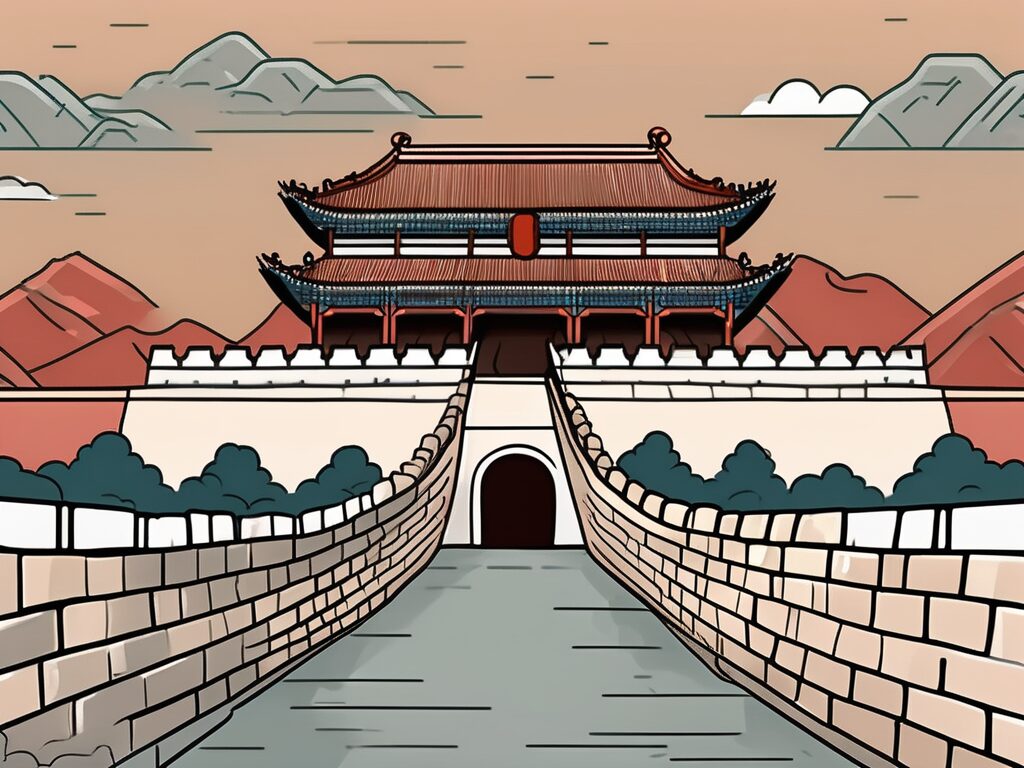html
Explore 5 Innovative Approaches to Arts and Humanities in Singapore
Singapore, a vibrant melting pot of cultures, is not only known for its stunning skyline and bustling economy but also for its rich tapestry of arts and humanities. As the world evolves, so too does the way we engage with these disciplines. In this blog post, we will explore five innovative approaches that are reshaping the landscape of arts and humanities education in Singapore. Whether you are an educator, a student, or simply an enthusiast, these insights will inspire you to think differently about the role of arts and humanities in our society.
1. Integrating Technology into Arts Education
In an age where technology permeates every aspect of our lives, integrating it into arts education has become essential. Singaporean institutions are leading the way by incorporating digital tools and platforms into their curricula. For instance, the National University of Singapore (NUS) has introduced courses that blend traditional art forms with digital media, allowing students to create interactive installations and virtual exhibitions.
This approach not only enhances creativity but also prepares students for the demands of the modern workforce. By learning to use software like Adobe Creative Suite or engaging with virtual reality (VR) technologies, students gain valuable skills that are highly sought after in today’s job market. Moreover, these tools enable artists to reach wider audiences, breaking geographical barriers and fostering global connections.
2. Community Engagement through Public Art Projects
Public art projects have emerged as a powerful means of community engagement in Singapore. Initiatives like the Park Connector Network not only beautify the urban landscape but also encourage social interaction and cultural exchange. These projects often involve collaboration between artists, local communities, and government agencies, resulting in artworks that reflect the unique identity of each neighbourhood.
For example, the National Gallery Singapore has launched various community art initiatives that invite residents to participate in the creative process. This not only empowers individuals but also fosters a sense of belonging and pride in their local environment. By engaging with the community, artists can create works that resonate on a deeper level, making the arts more accessible and relevant to everyday life.
3. Cross-Disciplinary Collaborations
Another innovative approach gaining traction in Singapore is the emphasis on cross-disciplinary collaborations. By breaking down the silos between different fields, educators and artists are creating unique learning experiences that enrich the study of arts and humanities. For instance, collaborations between artists and scientists have led to fascinating projects that explore the intersection of art and technology.
One notable example is the Singapore Art Museum, which has hosted exhibitions that combine visual art with scientific concepts, encouraging visitors to engage with both disciplines in new and exciting ways. This approach not only broadens the scope of arts education but also fosters critical thinking and problem-solving skills, essential for navigating the complexities of the modern world.
4. Emphasising Cultural Heritage and Identity
In a multicultural society like Singapore, the preservation and celebration of cultural heritage are paramount. Innovative approaches in arts and humanities education are focusing on instilling a sense of cultural identity among students. Institutions are incorporating local history, traditions, and languages into their curricula, allowing students to explore their roots and understand the diverse narratives that shape Singapore.
Programs like the National Heritage Board initiatives encourage students to engage with their cultural heritage through research, storytelling, and creative expression. By fostering an appreciation for local culture, students develop a stronger sense of identity and belonging, which is crucial in a globalised world.
5. Promoting Sustainability through the Arts
As the world grapples with environmental challenges, the arts are playing a vital role in promoting sustainability. In Singapore, artists and educators are using their platforms to raise awareness about environmental issues and inspire action. Innovative projects that combine art with sustainability initiatives are emerging, encouraging students to think critically about their impact on the planet.
For instance, the Singapore Biennale has featured works that address climate change and environmental degradation, prompting discussions about sustainability within the arts community. By integrating sustainability into arts education, students are not only learning about environmental issues but also exploring creative solutions to these challenges.
Conclusion
As we have explored, Singapore is at the forefront of innovative approaches to arts and humanities education. By integrating technology, engaging with the community, fostering cross-disciplinary collaborations, emphasising cultural heritage, and promoting sustainability, educators and artists are redefining the role of arts and humanities in our society. These initiatives not only enrich the educational experience but also empower individuals to become active participants in their communities.
Are you ready to take your teaching career to the next level? Empower Your Teaching Career with IPGCE
As we strive for a more inclusive education system in Malaysia, the role of qualified and well-trained educators becomes increasingly crucial. IPGCE is dedicated to supporting teachers in their professional journey, offering the International Postgraduate Certificate in Education (iPGCE) to enhance qualifications and open doors to international teaching opportunities. With our program, you can expect a significant increase in interview callbacks, promotion rates, and salary. Plus, you’ll join a global network of educators, gain a deeper understanding of international curricula, and enjoy the flexibility of online study. Don’t let inadequate credentials or isolation hold you back. Join the UK’s #1 Teacher Training Course today and take a decisive step towards a fulfilling career in inclusive education.
For more insights on arts and humanities, check out our posts on Arts Education in Singapore and Cultural Heritage in Singapore.

